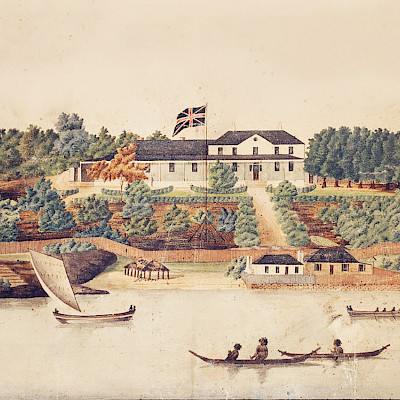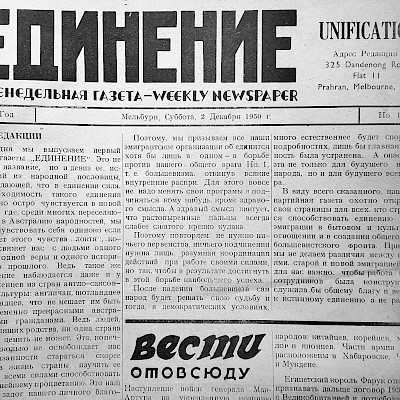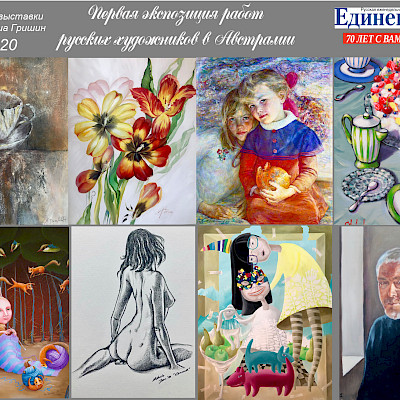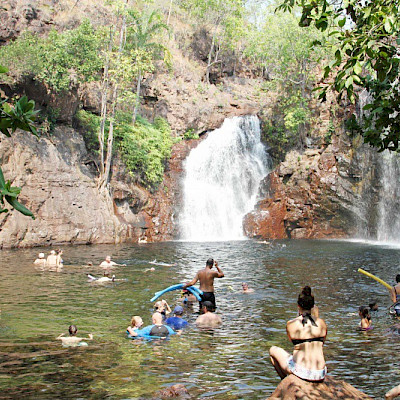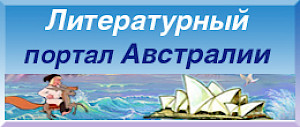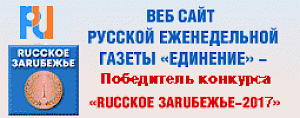Trade between Australia, the Russian Federation, and its predecessor state, the Soviet Union, began in earnest in 1965 after the conclusion of a trade agreement between the two countries.
This agreement was signed in Moscow by the Australian ambassador and the Soviet First Deputy Minister for Foreign Trade. In 1985 trade for the first time exceeded one billion dollars. From 1991, after the dissolution of the USSR, there was a considerable drop off in trade, however from the mid 2000s to 2014 a serious effort was made by both nations to improve trade relations. This article will primarily describe the period between the mid 2000s to 2020, with particular focus on the nature of the trade relationship between the two countries, what is traded, impediments to further development of the trade relationship, and the possible future of trade between Russia and Australia.
Trade between Russia and Australia got a boost after November 1998, when Russia entered into the Asia-Pacific Economic Cooperation forum (APEC), opening up further trade opportunities for Russia in the region, including with Australia. However a considerable growth in trade between the two countries, and the restoration of relations only really began in September 2007, after President Putin's official visit to Sydney. Soon after the two countries sign the Australia-Russian Federation Agreement on Cooperation in the Use of Nuclear Energy for Peaceful Purposes. A landmark agreement permitting Russia to enrich Australian uranium for peaceful purposes. In both 2008 and 2011 the countries reached their peak of bilateral trade, amounting to a little over 1.1 billion dollars USD.
In 2009 Russia's ambassador to Australia, Alexander Blokhin stated in a conversation with a journalist that “the level of the relationship between the two countries that has been achieved over the past three years has never been so high”. Despite these improvements, the actual trade level between the two states remained small for both countries. According to the Russian Federal Customs Service, trade to Australia in 2008 accounted for only 0.2% of all Russian trade. Australia ranking only 71st in terms of overall trade. Nor has this figure improved.
Trade between Russia and Australia seriously declined again after 2014 and the crisis in Crimea. Ultimately, the nascent trade between the two countries could not survive political factors. Australia's government considered geopolitical relations between Australia, the United States and Western Europe to be more important. As a result, in September 2014 Prime Minister Abbot suspended Australian uranium sales to Russia. Sanctions were also applied to Russian businesses, particularly in the areas of weapons and the operation of Russian financial institutions and oil development technology. In September 2017, additional sanctions were introduced to against another 153 individuals and 48 Russian companies. Trade between the two countries more than halved between 2014 and 2016. Declining from 1.8 billion dollars down to 697 million dollars.
The types of trade between the two countries has remained relatively stable, with the notable exception of a significant reduction of imports of meat products into Russia after 2014, following a law restricting imports of food products from abroad, declining by almost 150 million dollars in a year.
Among the goods imported to Russia from Australia between 2016-2020, it is important to mention a few of the largest imports, among them, chemical products for industry, machinery, equipment, tools, and food products. Australian wine is also popular in Russia. The total amount of imports is about $500 million per year. Russia's exports to Australia are quite diverse, but the bulk of it is lumber, fertilizer and fuel products.
Of particular interest to both countries is mining opportunities, with both Russian and Australian mining companies investing in the each other's countries. For Australian companies this particularly concerns Siberia in the areas of mine exploration and also technological expertise in resource extraction.
Indeed, this was recognised as early as 2007. In a speech to the Russia-Australia Business Forum, the Australian Minister for Industry, Tourism and Resources, Ian McFarlane, recognised the potential for trade to be developed between the two countries, particularly in the sphere of mining. It is important to note that this sector continues to be an opening for the strengthening of trade relations between the two countries in the future, should they wish it. In 2017 Australian political and business dignitaries attended a MINEX conference in Chukotka, with the Australian Trade Commission interested in a follow conference in Magadan in 2018 to explore the possibilities of cooperation in mineral exploration and extraction in Russia's Far East.
A small increase in the combined trade between the two countries has been noted in the last three years. However, the future development of this trade relationship isn't without problems. As evidenced in 2014, the quantity of trade was simply not large enough to seriously impact political decisions made in Canberra. This seriously undermined the growing trade relationship between the two countries. Nor is the mere geographic distance between the two countries the only problem, but in both countries there is a deficit of information regarding investment opportunities.
Additionally, there is large imbalance of exports and imports for Russia, in favour of Australia. In 2008 this reached a zenith. Australian exports to Russia comprised over one billion dollars, but corresponding Russian exports to Australia barely reached 82 million dollars. Additionally, as both Australia and Russia are net energy exporters, and both their primary exports consist of mining products, this further limits their ability to develop a strong trade relationship. Ultimately, Russia and Australia are not likely to become strong trading partners in the near future while these numerous problems and questions remain unresolved.
Ethan Kelton



